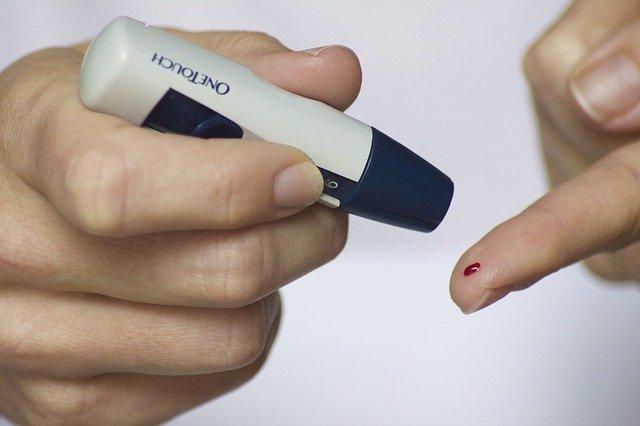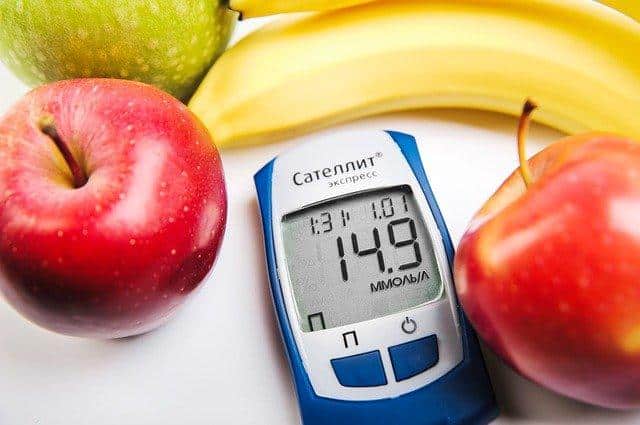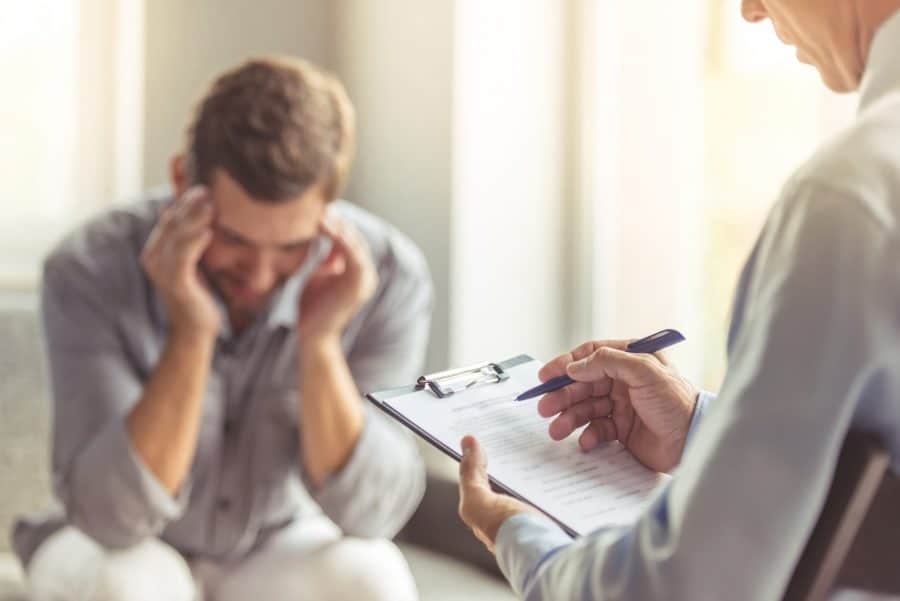While we all hope to live healthy lives free of chronic or acute illnesses, the reality is that millions of people live with health problems every year that they wish they didn’t have to. Sometimes, no matter how well we take care of ourselves or how positive we are, our bodies come down with issues.
As such, it’s wise to understand some common health concerns and the symptoms that come with them so that if we ever notice signs, we can be proactive to get checked ASAP. One of those diseases is diabetes. More than ten percent of the US population has this condition, so here are some common signs of the illness to be on the lookout for in yourself or others. Get your global data in real time with cgm system mobile app and track events like meals and workouts.
More Frequent Urination
Have you noticed yourself making more frequent trips to the bathroom lately? Are your family and friends commenting that you can’t get through a TV show without multiple breaks? If so, it might be time to get tested for diabetes. More frequent urination is a sign that your blood sugar levels could be far from level. When they’re too high, your kidneys try to get rid of the excess sugar by filtering it out of the blood. In turn, you’ll have more urges to urinate.
Getting Urinary or Yeast Infections
You might be fine when it comes to bathroom breaks but be struggling with getting too many urinary or yeast infections. Diabetics are more prone to getting urinary tract infections, which is unfortunate. Plus, excess sugar in the blood and urine gives yeast food, which can lead to growth and, therefore, infection.
You might get this type of infection on the genital areas, the mouth, or armpits since yeast likes warm, moist areas of skin. You may notice itchiness as well as redness, soreness, and burning in affected areas.
Declining Vision
Has your vision declined in recent months or years? While it’s normal for us to experience drops in this area as we age, it’s also helpful to know that worsened vision can occur due to diabetes. High sugar levels can distort the eyes’ lenses and damage the tiny blood vessels in the eyes, leading to blurred vision.
You may notice this issue coming and going and occurring in one eye or both. You don’t want to leave this unchecked, as the damage can become severe and lead to permanent vision loss.
Constantly Hungry or Increased Thirst
Feeling hungry all the time, even after recently eating, can be another sign that you have diabetes. Often, diabetics don’t get the energy they need from the food they eat, making them feel hungry more often. The digestive system is designed to break food down into glucose, the simple sugar that the body uses for fuel. If you have diabetes, though, less glucose moves into the cells from the bloodstream than usual.
Similarly, increased thirst is a common way the body lets people know something is wrong, and diabetes could be the cause. If you’re urinating more often, as mentioned above, you will lose additional water, making you dehydrated. In turn, you’ll feel more thirsty than you used to.
Tiredness and Lethargy
Feeling tired and lethargic is common in patients with diabetes because the insufficient sugar moving from your bloodstream into the cells in your body won’t give you enough of a boost. Plus, the dehydration that comes from frequent urination can leave you feeling exhausted, as can the fact that you get interrupted sleep all the time because of having to get up in the middle of the night to go to the bathroom. Diabetes can lead to kidney damage too, which can also contribute to tiredness.
Skin Discoloration
Doctors often pick up on diabetes before patients when they spot skin discoloration occurring. If you notice dark skin in your neck folds, armpits, groin, or over your knuckles, this may indicate you have diabetes. Insulin resistance can cause these patches of dark skin that feel soft and velvety. The skin condition is called acanthosis nigricans.
Some other diabetes signs to look out for include losing weight without trying, dry mouth, lightheadedness, wounds that take forever to heal, and stomach issues such as pain, nausea, or vomiting. If you have some symptoms, it’s vital to book in to see an online doctor or a physician you visit in person to get tests done and find out more information.

The sooner you get diagnosed, if you do have the condition, the sooner you can halt damage to your body and start to feel better with treatment.

Isreal olabanji a dental assistant and public health professionals and has years of experience in assisting the dentist with all sorts of dental issues.
We regularly post timely and trustworthy medical information and news on Fitness, Dental care, Recipes, Child health, obstetrics, and more.
The content is intended to augment, not replace, information provided by your clinician. It is not intended nor implied to be a substitute for professional medical advice. Reading this information does not create or replace a doctor-patient relationship or consultation. If required, please contact your doctor or other health care provider to assist you to interpret any of this information, or in applying the information to your individual needs.




